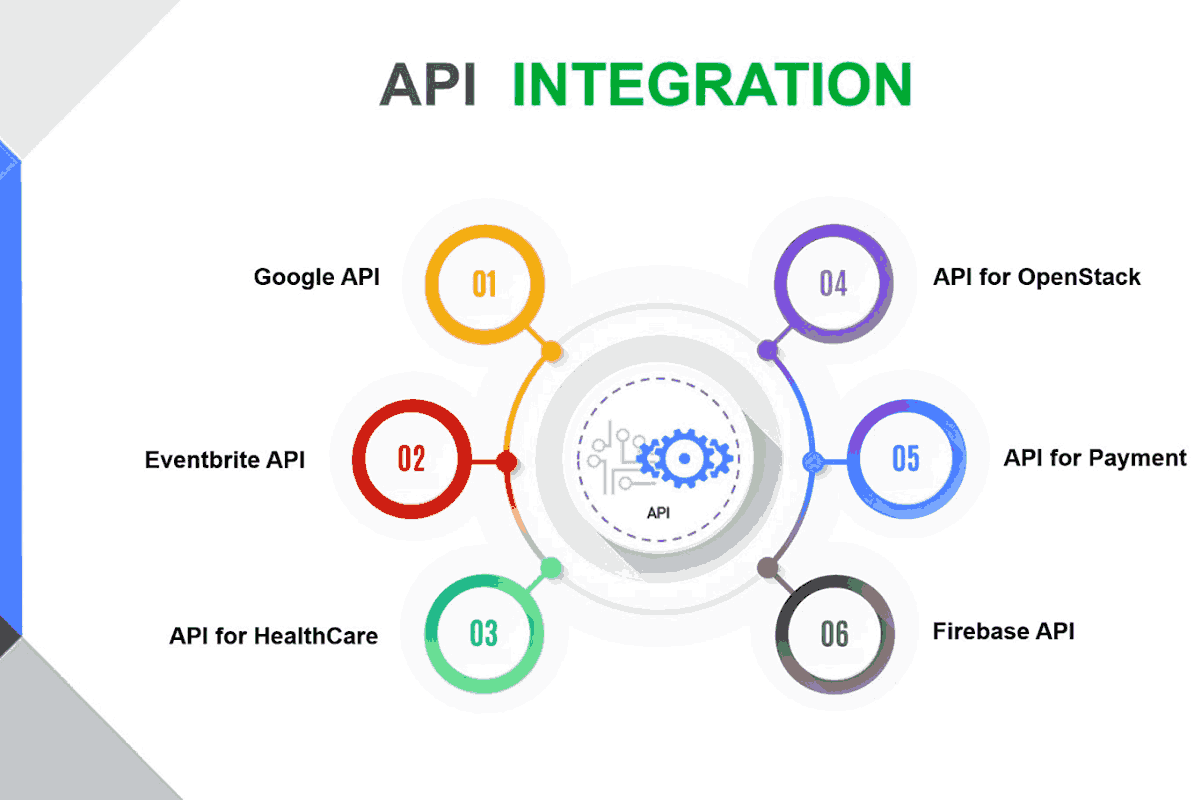
In JavaScript, the switch case statement and object literals are two standard methods for handling multiple conditions. Both approaches allow you to map different conditions to specific actions, but they work differently and have their pros and cons.
This article will explain the differences between switch case statements and object literals in JavaScript. We'll cover how each method affects code performance and readability and how easy it is to maintain in larger projects.
Whether you're new to JavaScript or looking to refine your coding skills, understanding these concepts will help you make better code choices.
Javascript case vs Object literal all details
What is a Case Statement?
A case or switch statement, is a conditional statement used in programming. It allows you to compare a variable or expression to multiple values and execute different code blocks based on the variable's value. This can be useful when you have multiple conditions to check and want to avoid using a long chain of if-else statements.
Here's an example of a switch case statement in JavaScript:
```
let day = "Monday";
switch (day) {
case "Monday":
console.log("Today is Monday");
break;
case "Tuesday":
console.log("Today is Tuesday");
break;
case "Wednesday":
console.log("Today is Wednesday");
break;
default:
console.log("Unknown day");
}
```
In this example, the variable "day" value is compared to different cases, and the code block corresponding to the matching case is executed.
While switch case statements can be a convenient way to handle multiple conditions, they also have some limitations. For example, they can only compare the equality of the variable to specific values and cannot handle complex situations.
On the other hand, object literals offer a different approach to achieving similar functionality. They use key-value pairs to define conditions and corresponding actions, providing more flexibility and readability in some cases.
However, the choice between switch case statements and object literals ultimately depends on your code's specific requirements and design.
What is an Object Literal?
An object literal is a way of defining and creating objects in JavaScript using a syntax similar to that of JSON (JavaScript Object Notation). It enables you to define an object using a list of key-value pairs, in which the values can be any type of data, including arrays, functions, and other objects, and the keys are strings.
For example:
```
let person = {
name: "John",
age: 30,
profession: "Developer"
};
```
In this example, "person" is an object literal with three key-value pairs that define the person's name, age, and profession.
Object literals are commonly used for conditional logic, as they provide a convenient way to define conditions and corresponding actions in a more readable and flexible manner. For example, you can use object literals to define a set of actions based on the value of a variable, similar to a switch case statement.
Here's an example of using an object literal for conditional logic:
```
let actionMap = {
"open": () => { console.log("Opening the file"); },
"save": () => { console.log("Saving the file"); },
"close": () => { console.log("Closing the file"); }
};
let action = "open";
actionMap[action]();
```
In this example, the "actionMap" object literal defines a set of actions for different file operations. The corresponding action function is called depending on the value of the "action" variable.
While object literals provide flexibility and readability, they may only be suitable for some situations. They are best used for defining a fixed set of conditions and actions, and may not handle more complex or dynamic conditions as effectively as switch case statements.
In conclusion, object literals are a powerful tool for defining and using objects in JavaScript, especially for conditional logic. They offer flexibility and readability, and can be a valuable alternative to switch case statements in specific scenarios.
Comparison: Case Statements vs. Object Literals
They offer a more readable and maintainable way to define conditions and corresponding actions. With object literals, you can easily map different conditions to specific actions, making your code easier to understand and modify.
However, it's important to consider the performance implications when using object literals. While they offer flexibility and readability, switch case statements may need to handle complex or dynamic conditions more effectively. In situations where performance is critical, switch case statements may be a better choice.
Object literals are best used for defining a fixed set of conditions and actions, where readability and maintainability are essential. They are a valuable tool for handling conditional logic in JavaScript.
Still, it's essential to assess your code's specific requirements and design before choosing between object literals and other conditional logic options. Consider the trade-offs between performance, readability, and maintainability when deciding on the best approach for your code.
FAQS
What is the difference between a switch case and an object literal in JavaScript?
The main difference is that a switch case compares a single value against multiple possible values, while an object literal stores key-value pairs.
When should I use a switch case, and when should I use an object literal?
A switch case would help when you have a single value that you want to compare against multiple options. An object literal is more suitable when storing and accessing multiple key-value pairs.
Are there any performance differences between using a switch case and an object literal?
Modern JavaScript engines generally have optimized switch cases and object literals for performance, so there is no significant difference in performance.
Can I use switch cases and object literals in the same JavaScript program?
Sure, you can, based on the particular specifications of your code.
Which one is more commonly used in JavaScript programming?
The choice between a switch case and an object literal depends on the use case and coding style preferences. Both are widely used in JavaScript programming.
Keywords:
- javascript case vs. object literal











Leave a comment